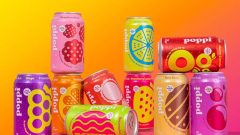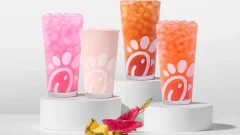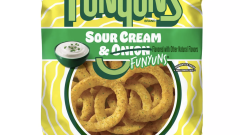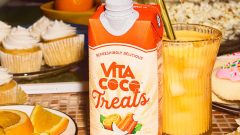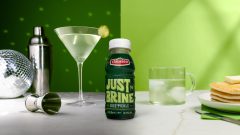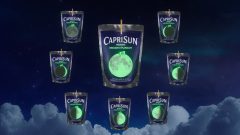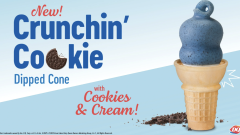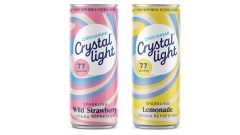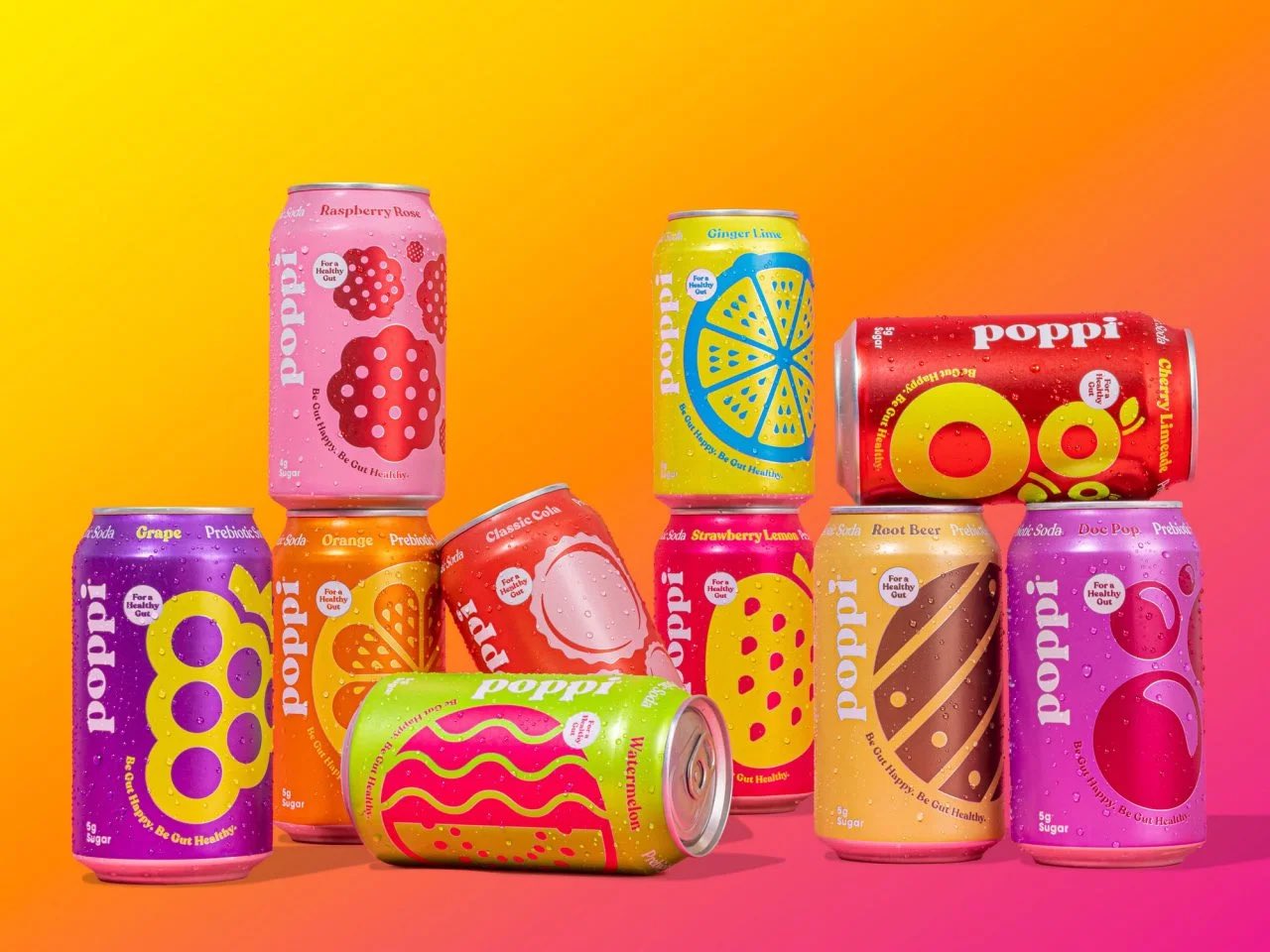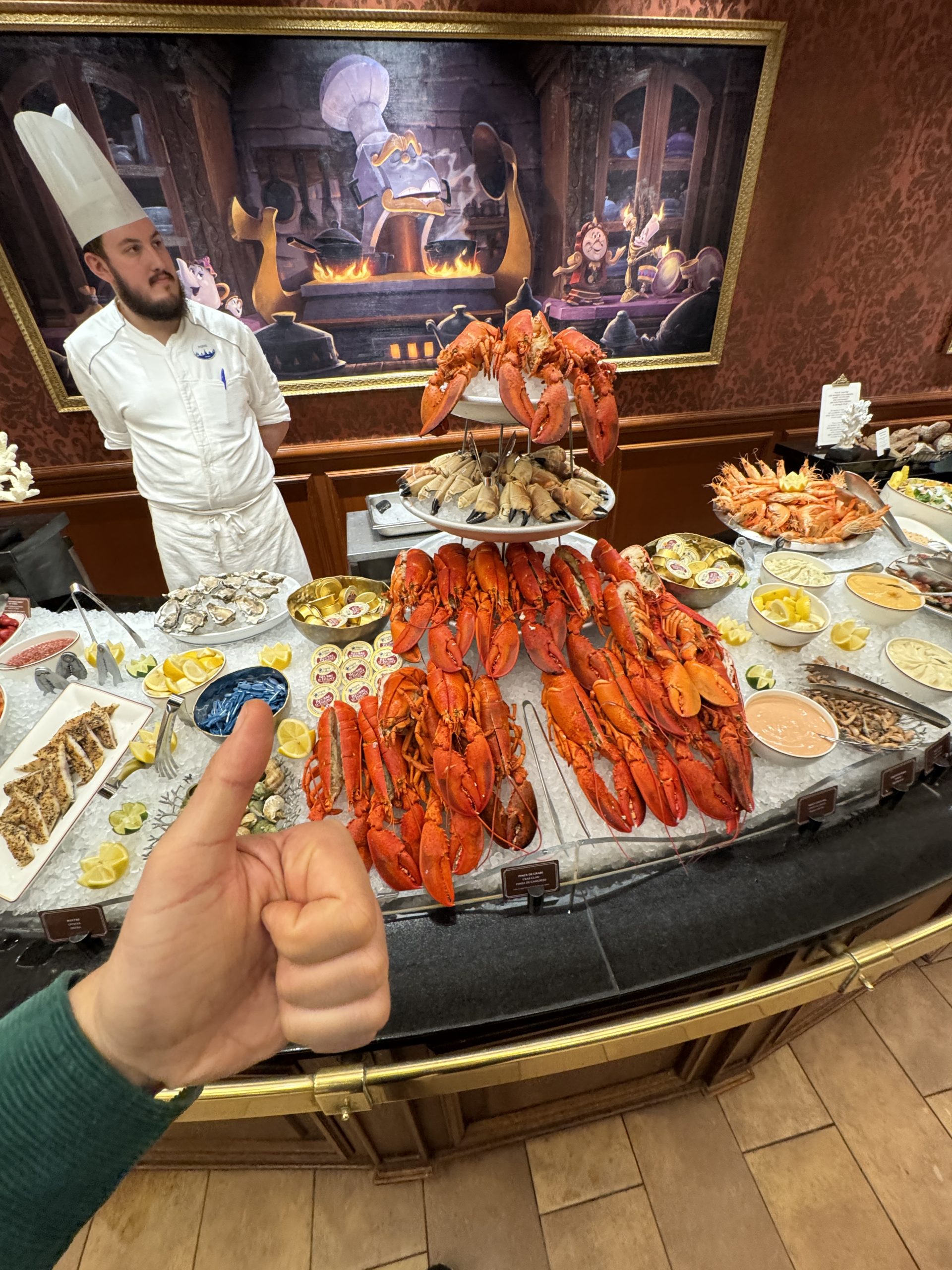Diabolical Craft Beer Sell Outs Ranked From Best To Worst

It’s often been said that it takes a momma brewery and a daddy brewery to make a baby brewery. Birds and bees aside, a good quality craft establishment is usually started by a brewer that gets experience a few places, then starts his/her own. Simple enough. It’s funny though, recent buyouts and partnerships with four California breweries have shifted the old paradigm.
Now it’s more like: momma brewery gets boob job, a passport, then flies to Europe to find a sugar daddy.
It’s been a rough summer for craft beer in California, where four buyouts/mergers from foreign-owned companies have made drinkers rethink supporting their favorite local brands. Of the four deals, some are more evil than others. Here’s a look at each, and appropriate level of evil, if brand loyalty is your thing.

Tony Magee at the CA Craft Beer Summit – @OCBeerBlog
 Lagunitas – Heineken. By far the biggest of the deals, Lagunitas is a fine lookin’ northern California native, born some 22 years ago. It didn’t take long for lil’ miss sumpin-sumpin to be the 6th largest craft brewery in the United States. Whereas other top-ten craft breweries eyed expansion on the central east coast, Lagunitas built their second brewery in Chicago. Shortly after completion came the announcement of a third brewery in Azusa, CA, then the news of a 50-50% partnership with Heineken International.
Lagunitas – Heineken. By far the biggest of the deals, Lagunitas is a fine lookin’ northern California native, born some 22 years ago. It didn’t take long for lil’ miss sumpin-sumpin to be the 6th largest craft brewery in the United States. Whereas other top-ten craft breweries eyed expansion on the central east coast, Lagunitas built their second brewery in Chicago. Shortly after completion came the announcement of a third brewery in Azusa, CA, then the news of a 50-50% partnership with Heineken International.
“We waited long enough and I got the value of the business so high that we only had to sell half of it. What could be better than that? The primary focus of the partnership with Heineken provides Lagunitas with liquidity to pay long-time investors, and to get beer into hard to reach global markets, where Heineken has a stronghold.” – Founder Tony Magee
Ask now or forever hold your peace? Nah. Lagunitas found the Dutch mega-brewer Heineken to be a worthy suitor. Giving up 50% stake in the brewery was all it took to get global distribution of its hoppy-sweet beers, get liquidity to pay long-time shareholders, and give employees some great bennies, and I don’t mean Benzedrine.
Evil rating: Pepe Le Pew. Although not that evil, the amorous skunk (Heineken) got half of a craft brewer. Giving up 50% to green bottle eurotrash-pilsner? There are some drawbacks. For one, Lagunitas revoked its street-cred badge. The Brewers Association, a national trade organization, defines craft beer as small, independent, and traditional. “Less than 25 percent of the craft brewery is owned or controlled by a beverage alcohol industry member that is not itself a craft brewer.” By their definition, Lagunitas is no longer a craft brewer.
With Heineken’s skunk spray still lingering in the air, Saint Archer Brewery in San Diego sold a majority stake to MillerCoors. Probably the worst kept secret ever, Saint Archer built itself from the ground up to be acquired. Brewed by talented brewers, their brand of high quality craft beer will now join the ranks of Blue Moon and Crispin Cider. Saint Archer’s generic can designs have always signaled a sort of “commodity beer” type of ethos; Blonde, IPA, White, etc will no doubt be strong brands outside of Southern California. I’m not sure San Diego ever forgave them for a social media snafu thanking the Dodgers for their long-time support. Many locals were over this deal as it happened. As they’re no longer a craft brewer, I am thankful for the sea of legit craft beer in San Diego. If their current brewers leave, the quality will indeed change for the worse.
Evil rating: Megatron. Like a true Decepticon, MillerCoors’ 10th and Blake division effectively transformed Blue Moon into the must-have Belgian white beer of the 2000’s. “Hey, look at this awesome new craft beer!” could be heard poolside around the globe, not knowing they were holding a genuine MillerCoor product. Saint Archer will be joining the Decepticons, no doubt causing authenticity confusion in the marketplace. (This deal could get a lot worse if AB Inbev purchases SAB Miller, an offer was made on 9/29/2015 for 106 billion dollars.)

Resistance is Futile
Golden Road – Anheuser Busch InBev: In a deal that surprised key employees mid-flight to the Great American Beer Festival, the company posted a video announcing the deal with Birkenstock enthusiast Andy Goeler from Anheuser Busch. The awkward video aside, Meg broke the blade off with an interview she did with beernet.com. Quotes like “they’re investing in people, separate people and marketing and operations – which is me, right – to combat (true craft beer) this.” So she’s going to combat true craft beer that isn’t owned by a Brazilian beverage conglomerate? Gill continued, “the definition (of craft) should really be about “protecting the quality” so homebrewers “can’t brew a bunch of sh*t in their bathtub and call it craft.” For one, homebrewers don’t make beer in bathtubs, sh*t is brewed in toilets, and homebrewers don’t make craft beer, they make homebrew.
Evil Rating: Star Trek’s The Borg. It’s clear Meg Gill has been assimilated into the corporate beast. Resistance was futile for the Yale grad. Anheuser Busch can call itself “craft” all day long, but the things they do in the marketplace and distribution are bad for all beer. They aim to limit consumer choice, control price, and offer inferior beverages. One peek at the AB Super Bowl commercial where they dis craft beer as a whole is really all the proof one needs. How much is a Super Bowl ad? You mean they spent that much to say craft beer drinkers are hipster millennials and craft beer sucks, then buy craft breweries? I have a real hard time believing they’re in it for the “craft”, unless it’s “craft banking.”
 Co Owner, David Walker. @OCBeerBlog
Co Owner, David Walker. @OCBeerBlog
Firestone Walker – Duvel Moortgat: Firestone Walker has been on the cutting edge with quality, true innovation and being in the forefront of the craft beer community. Selling a stake in the company to Duvel was a private transaction between two families, and no details of majority stake were revealed. The Belgian brewery investment into Firestone Walker will help them expand operations and assist with their 150 years of experience into production planning. The key difference between this sale and others is Firestone Walker relies on the quality of their beer to sell itself.
Evil Rating: Box full of cute, cuddly kittens.


